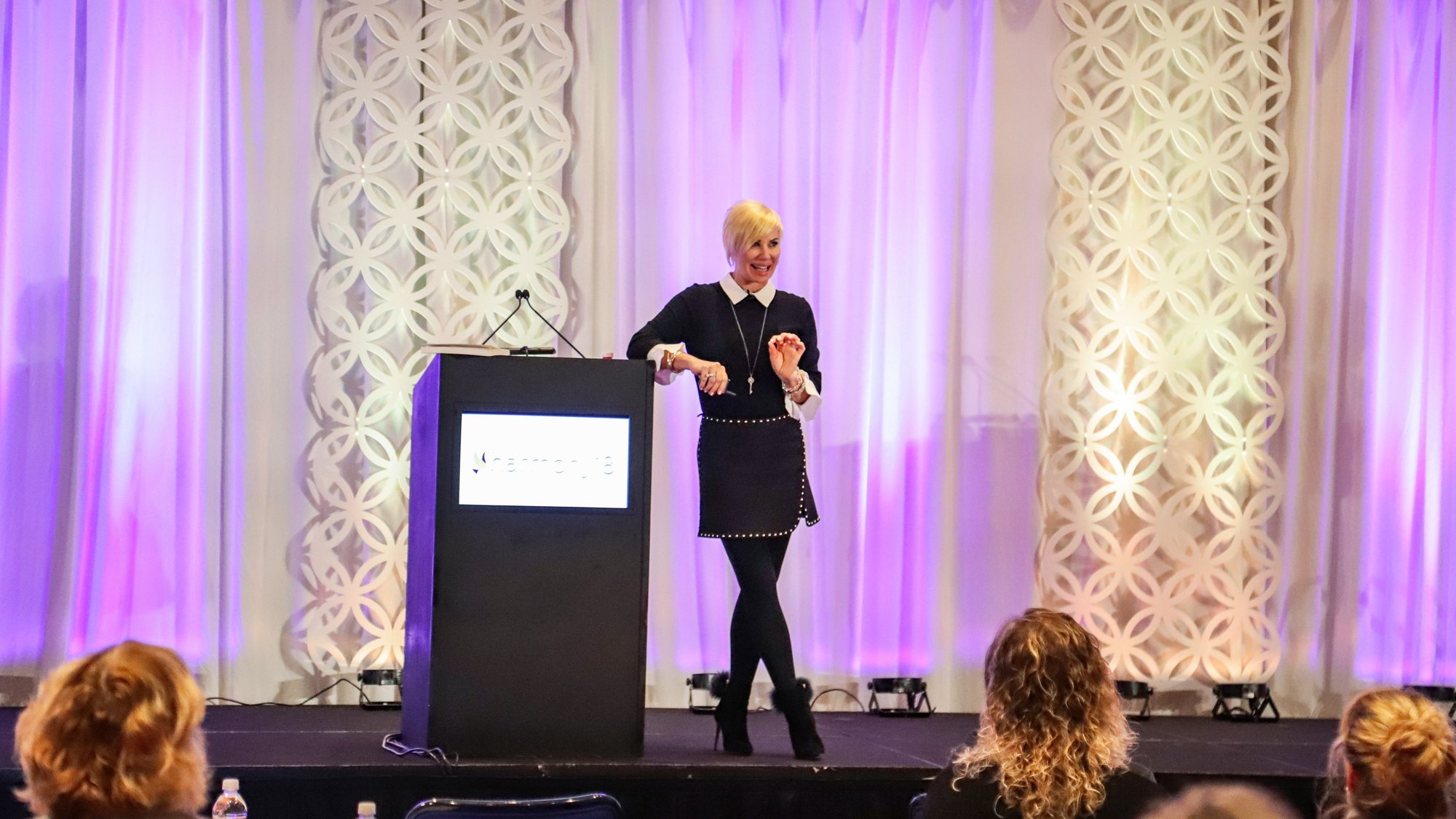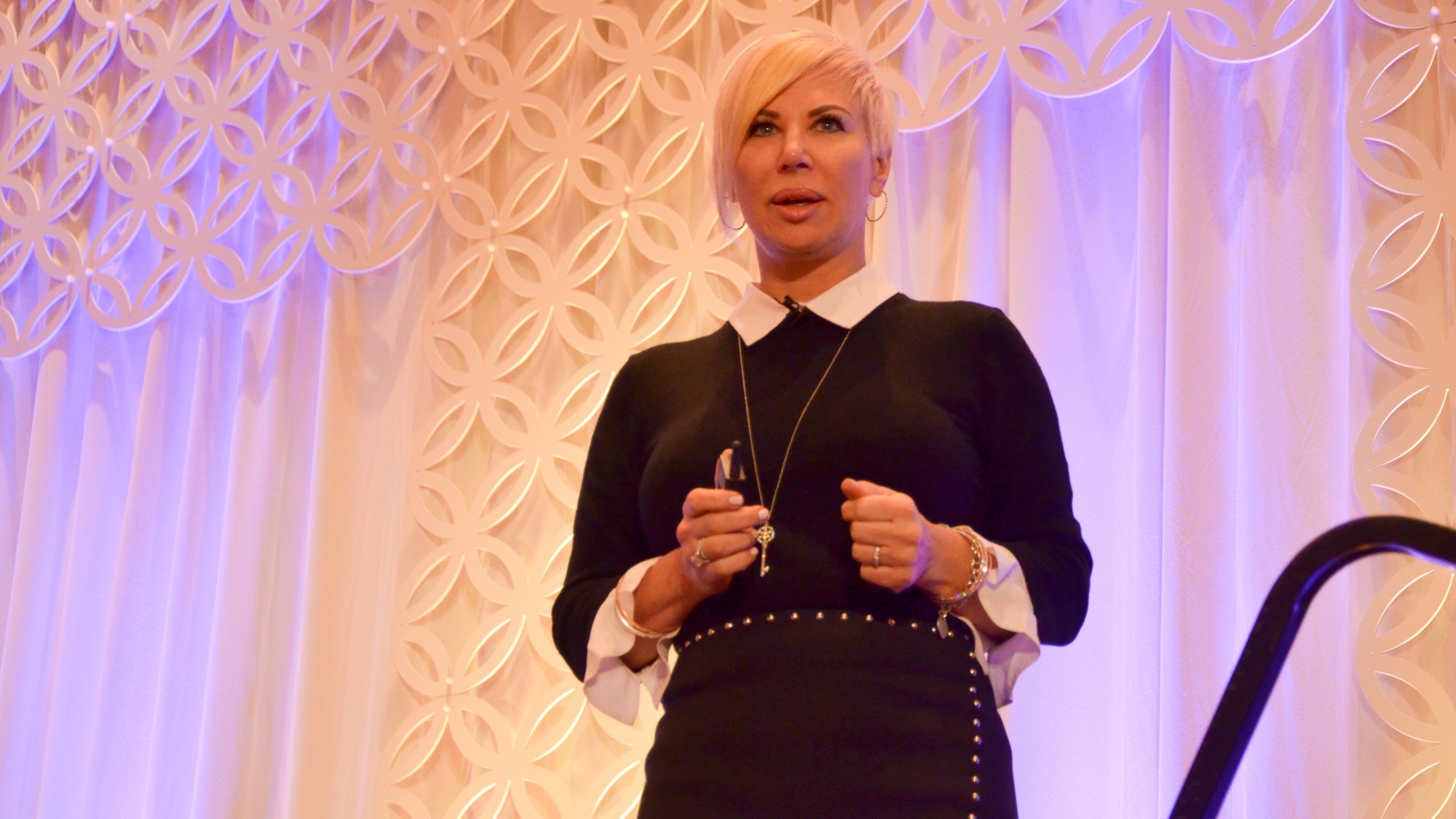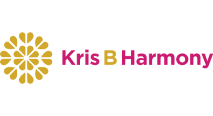See My Story
Through professional keynote speaking and the KrisBHarmony Series, Kris is able to reach millions of viewers engaging in powerful conversations about ensuring systematically marginalized persons have a voice at the table.
Kris is a nationally recognized keynote speaker with more than 32 years of experience in the healthcare industry, with a specialty in the Post-Acute Care Arena. She has an Occupational Therapist degree from Tufts...
Read More →

On Tuesday, September 12,2023 hundreds of individuals gathered in perron and via zoom at the Massachusetts State House to attend and testify on multiple bills. The hearing lasted approximately 7 hours. I attended the entire session and would like to share highlights that I feel will help many individuals gain a better understanding of the ongoing issues within the legal system...
Read More →
.png?width=208&name=Logo-KrisB%20(1).png)
Empowering People who are systematically marginalized and impacting changes in our laws, our culture, and society.
KrisBHarmony, LLC
Summerlin, Nevada
(617) 595-6032
kris@krisbharmony.com
© 2024 KrisBHarmony, LLC. All Rights Reserved.